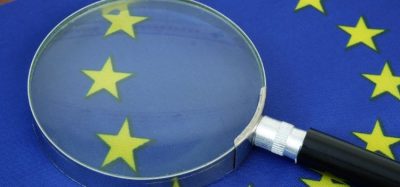How can real-world evidence support regulatory decision making?
Posted: 26 June 2023 | Catherine Eckford (European Pharmaceutical Review) | No comments yet
Strategies to further accelerate real-world evidence generation to aid EU regulatory decision-making are needed, states a European Medicines Agency (EMA) report.


The European Medicines Agency (EMA) has published its report: Real-world evidence framework (RWE) to support EU regulatory decision-making. The review summarised what the organisation has learned from conducting real-world data (RWD) regulator-led studies from September 2021 to February 2023.
There were 61 RWD research opportunities identified, 30 studies initiated and 27 completed in this period.
Real-world evidence (RWE) from these studies can complement evidence from other sources including clinical trials. According to the EMA, more effort is needed to better anticipate the need for RWE studies and to speed up their initiation to ensure that regulators have access to RWE in a timely manner. Use of RWE is less established in earlier stages of medicines development, the EMA stated.
What did the EMA recommend in its RWE report?
The report provided recommendations on addressing identified opportunities and challenges based on the analysed data. Suggestions included the need for broader access to additional and complementary data sources, strategies to further accelerate RWE generation as well as earlier identification of research needs. Also, the report identified that tools to further build capability and capacity for RWE generation and close collaboration with decision-makers and other stakeholders are also needed.
tools to further build capability and capacity for RWE generation and close collaboration with decision-makers and other stakeholders are needed”
Studies conducted through the EMA’s three pathways for RWE generation were considered in the RWE review. These included safety, drug utilisation and disease epidemiology studies. Additionally, studies to inform the design and feasibility of clinical trials and clinical management were appraised too.
There were 25 studies initiated by EMA by a team of pharmacoepidemiologists and data scientists using six databases. These contained mainly primary care medical records from European countries.
Four studies were initiated via DARWIN EU®. One study was commissioned to one of the eight research organisations and consortia with which EMA has framework contracts in place to commission research.
While most research topics were related to scientific assessments of the Pharmacovigilance Risk Assessment Committee (PRAC), research opportunities were identified across the spectrum of EU decision-makers.
Evidence gathered and recommendations resulting from the real-world evidence review will be used by the EMA- Heads of Medicines Agencies (HMA) Big Data Steering Group and further inform the establishment of DARWIN EU.









